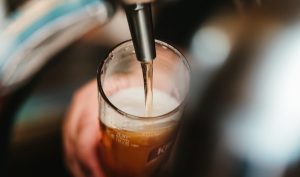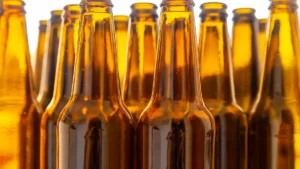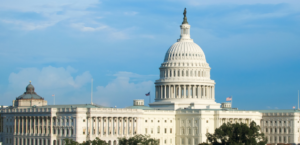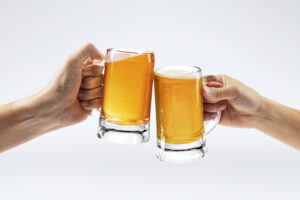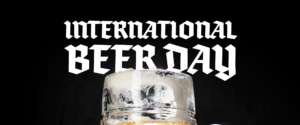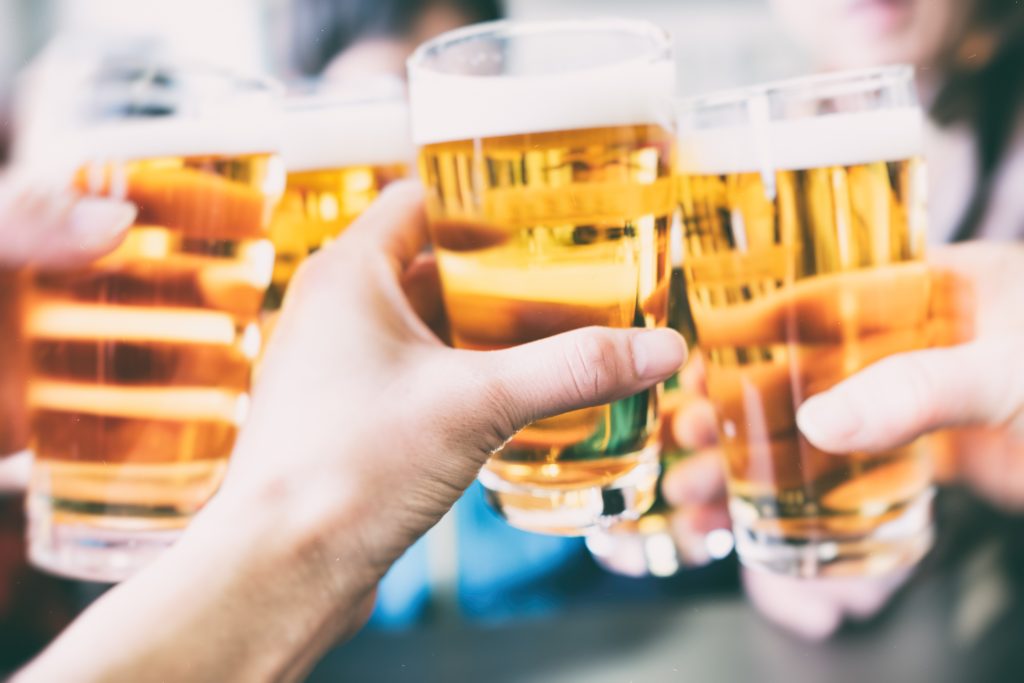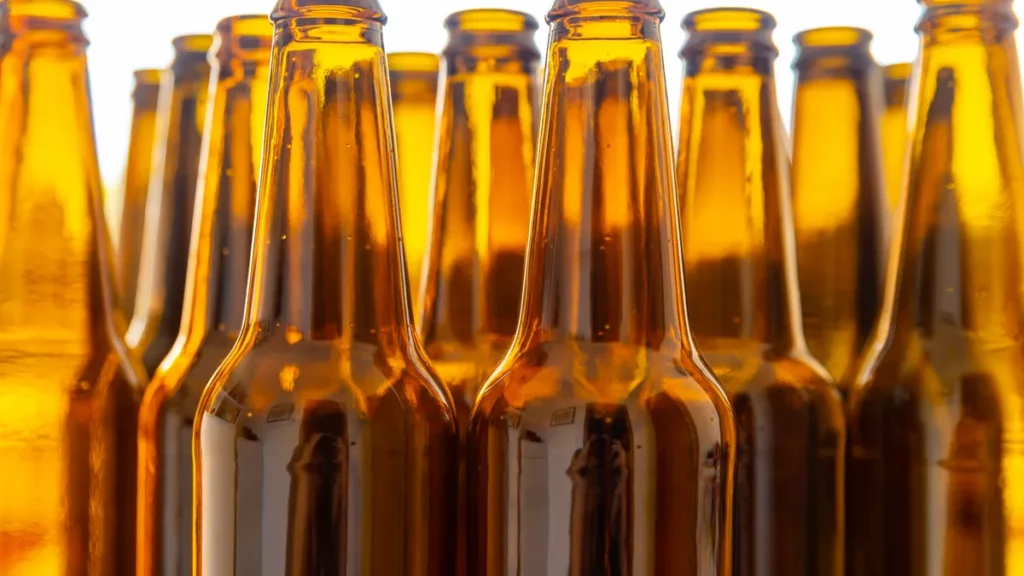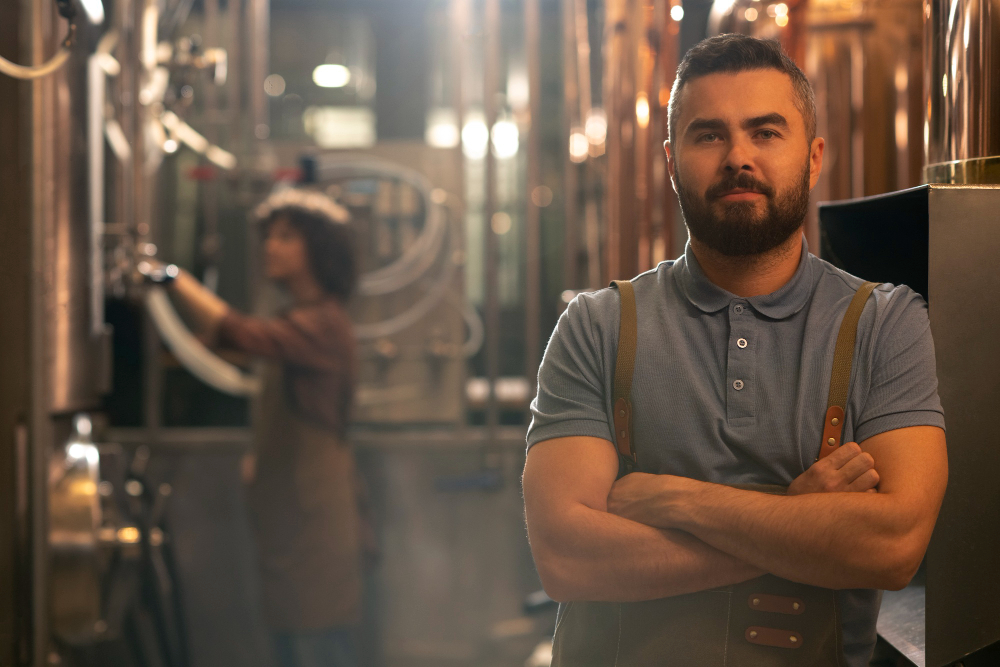The Beer Institute Applauds North Carolina Lawmakers for Opposing Hard Liquor Tax Cuts
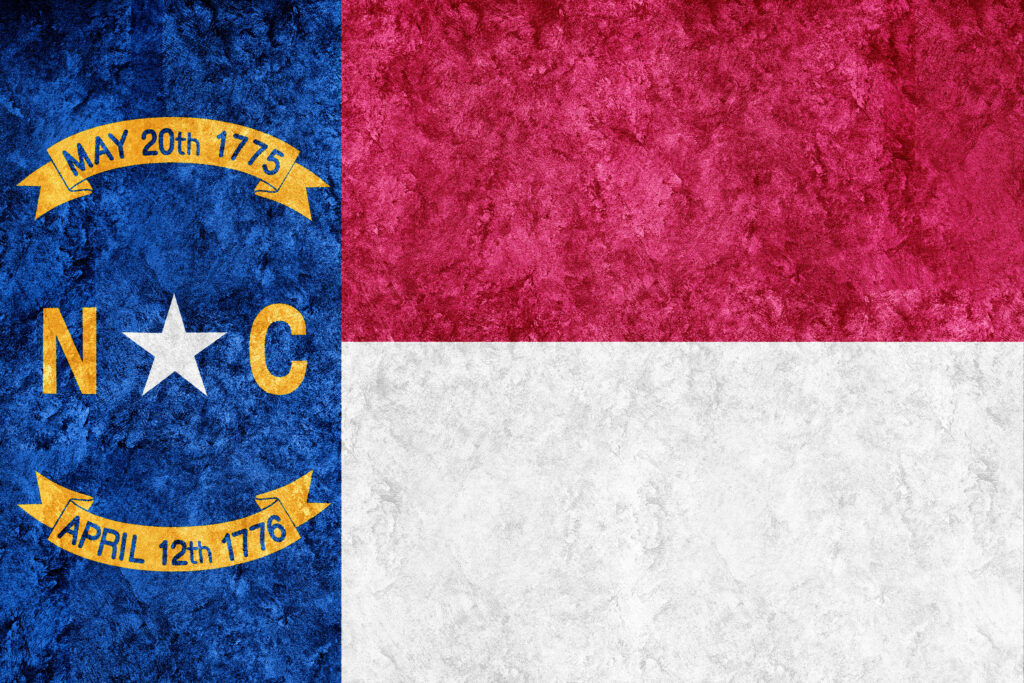
(WASHINGTON – July 7, 2022) The Beer Institute commends lawmakers in North Carolina for protecting local jobs and opposing tax breaks for out-of-state liquor companies. Despite an intense lobbying campaign from the liquor industry, the North Carolina Legislature chose not to advance House Bill 904 this legislative session.
It’s the latest in a string of similar moves that stand up for America’s beer businesses. Tax carveout proposals for big liquor in numerous states—including Alabama, Arizona, Hawaii, Kentucky, Maryland, Washington and West Virginia—also either stalled or failed during this year’s legislative sessions.
Taxpayers and state lawmakers clearly view new tax breaks for hard liquor companies unfavorably, especially as they do not decrease prices for consumers. Two states that lowered the excise tax rate on RTD cocktails, Michigan and Nebraska, saw retail prices increase 2.3 percent and 2.1 percent, respectively.
Beer and liquor are inherently different products, and state tax and regulatory frameworks must reflect this reality. The average alcohol content of a beer is just below 5 percent, while the average alcohol content of a liquor drink is more than 36 percent. At both the federal and state level across the country, liquor is appropriately taxed at a higher rate than beer.
“Lawmakers in North Carolina are sending a message to hard liquor: beer and liquor are not the same,” said Alex Davidson, director of public affairs at the Beer Institute. “Large liquor companies don’t need special tax hand-outs, especially after recording more than $3.8 billion in profits last year. North Carolina lawmakers are right to focus their efforts on domestic job creators and working families who need help as they recover from the pandemic and face rising inflation.”
Liquor giants already enjoy significant federal tax relief, including loopholes like the rum excise tax cover-over provisions, the 5010-flavoring credit and the drawback of excise taxes paid on imported alcohol.
Giving additional tax breaks to the liquor industry would be a step in the wrong direction, especially as businesses and communities struggle with rising inflation.
###
